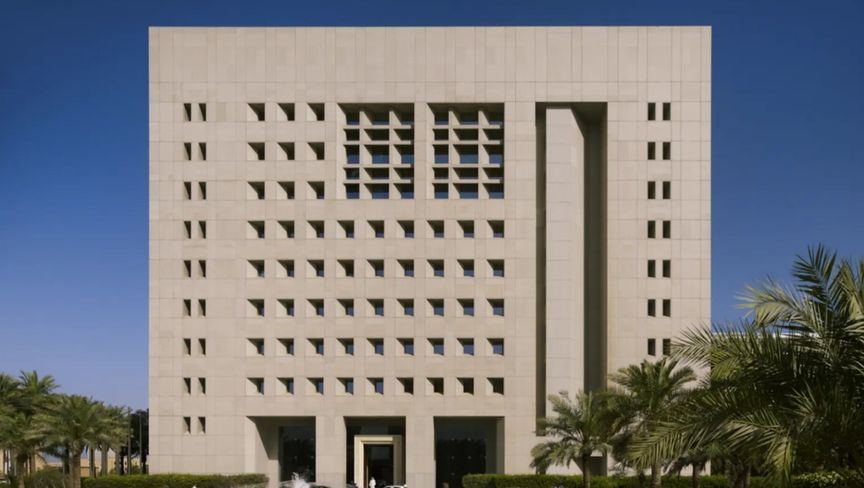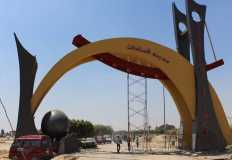
The 113th ministerial meeting of the Organization of Arab Petroleum Exporting Countries (OAPEC), held in Kuwait on Friday, approved a Saudi proposal to restructure the organization. This significant move aims to transform OAPEC into the "Arab Energy Organization (AEO)," broadening its scope beyond petroleum to encompass the entire energy sector.
The Saudi Ministry of Energy stated that this transformation, spearheaded by Energy Minister Prince Abdulaziz bin Salman, will enhance Arab cooperation in energy and the economy. By strengthening joint policies and supporting Arab action, the AEO will contribute to sustainable development across the region.
According to its official
website, the Organization of Arab Petroleum Exporting Countries (OAPEC) comprises
Saudi Arabia, the United Arab Emirates, Kuwait, Qatar, Bahrain, Algeria, Iraq,
Syria, Libya, Egypt, and Tunisia. Its
primary objective is to foster cooperation among its member states across
various facets of the petroleum industry and strengthen inter-member relations
within the sector.
Separately, the Organization of
the Petroleum Exporting Countries (OPEC) encompasses major oil producers,
including Saudi Arabia, the United Arab Emirates, Kuwait, Iraq, Algeria, Congo,
Equatorial Guinea, Gabon, Iran, Libya, Nigeria, and Venezuela. To expand its
influence, OPEC established OPEC+, an alliance that incorporates significant
oil-producing nations beyond its original membership, notably led by Russia.
OAPEC was founded in 1968 with
the specific aim of separating discussions on petroleum policies from the
political debates prevalent within the Arab League at the time. The
organization's membership is exclusively comprised of Arab oil-exporting
countries, facilitating the establishment of joint ventures such as the Arab
Petroleum Investments Corporation (APICORP), headquartered in Dammam. A significant
political action by OAPEC was the imposition of an oil embargo in 1973.
Currently, oil prices are under pressure due to many factors, including weakened demand from China, the world's largest crude oil importer, and concerns surrounding increased production, particularly from the Americas.





